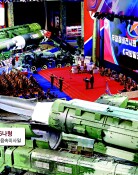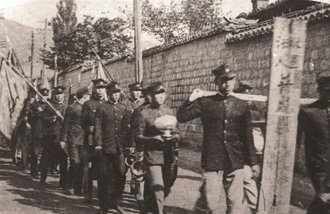The person who carries us
The person who carries us
Posted May. 13, 2023 07:41,
Updated May. 13, 2023 07:41

The occupation illustrated in this poem bears no name. It doesn't end with the familiar 'er' as seen in 'farmer' or 'fisher,’ nor does it conclude with 'or' as in 'doctor' or 'prosecutor.’ The poet eloquently depicts the act of carrying others across the stream as a 'job,’ a notion that is somewhat challenging to grasp. The idea that someone would embrace such a task as their livelihood, and not even for the prospect of monetary gain, seems almost unfathomable, especially from the perspective of a seasoned career professional.
Yet, when you allow your worker's gaze to blur and open your eyes anew to the world of the poem, your mindset transforms. There exist individuals whose sole intent is to carry the burdens of others to the extent that this act of carrying evolves into their purpose. These people are present today, and they were here yesterday. They persist eternally, and they have been our steadfast companions throughout history. Our parents, who nurtured us with tenderness and patience, are the 'people who carry us.’ My family, who tend to me in times of illness, are the 'people who carry us.’ And in turn, we, who have been borne, can evolve into a 'person who carries' for others. The existence of these people is one of the most profound blessings we can acknowledge in life.
May is the month when we seek out the backs that have carried us and offer our heartfelt 'thank you.’ The reason children fold carnation paper is a tribute to the 'backs' of the people who carried them, and the reason adults place calls to their elders is also in honor of these 'backs' of those. Perhaps even our yearning to lead meaningful lives is instilled by these 'backs.’ Our desire to become the person who carries others would reflect gratitude towards those who have shouldered us in the past.
Headline News
- Korean business leaders urge a halt to commercial law amendment
- Yoon begins extensive verification for cabinet and staff reshuffle
- Police confirm Pyongyang’s involvement in Ether heist in 2019
- Ukraine fires British Storm Shadows at targets on Russian territory
- Ulsan and Pohang compete to crown Korea’s soccer champions







